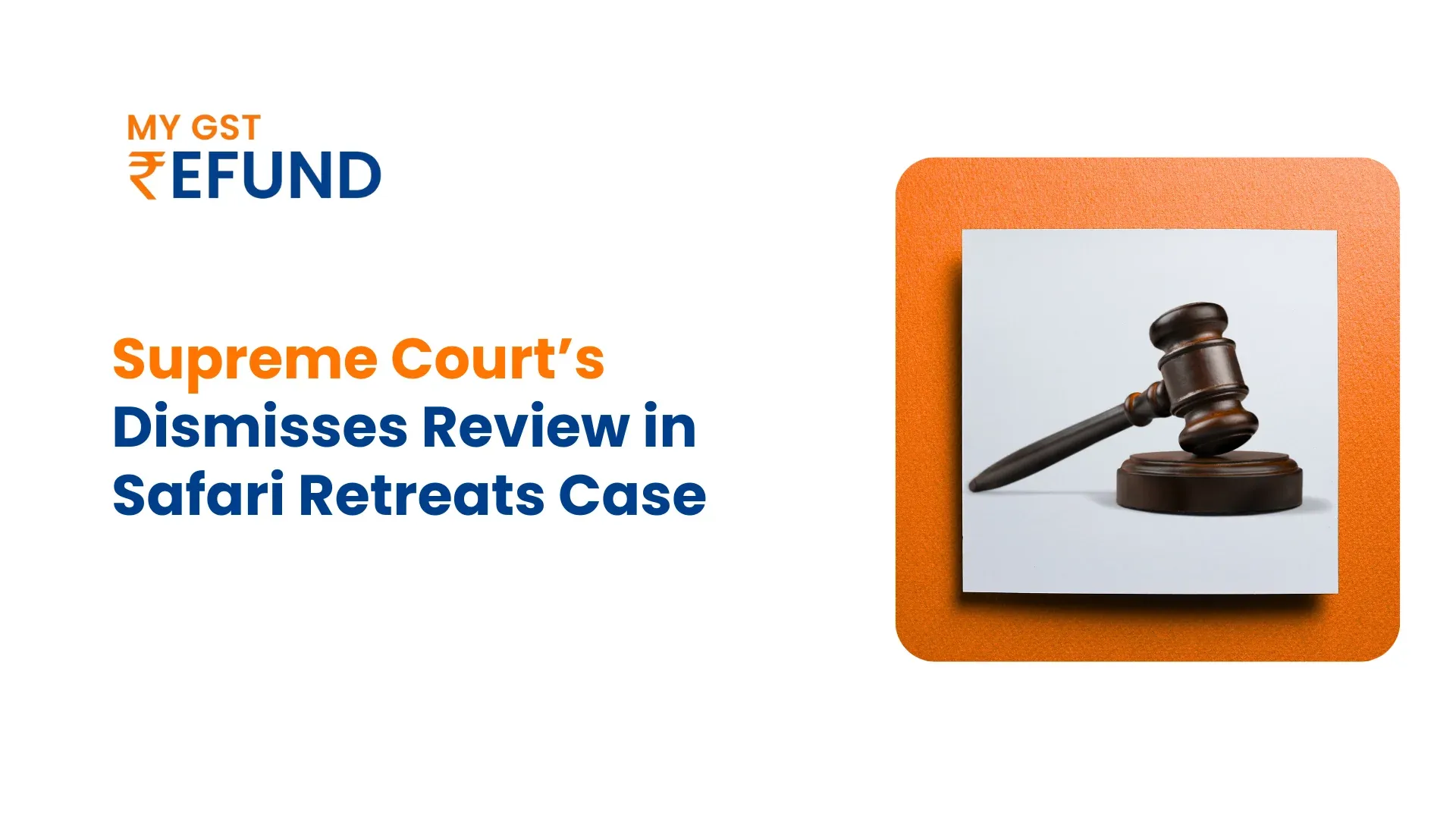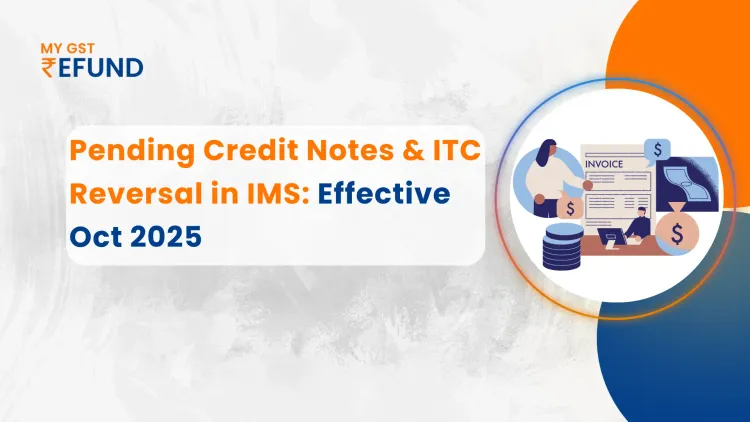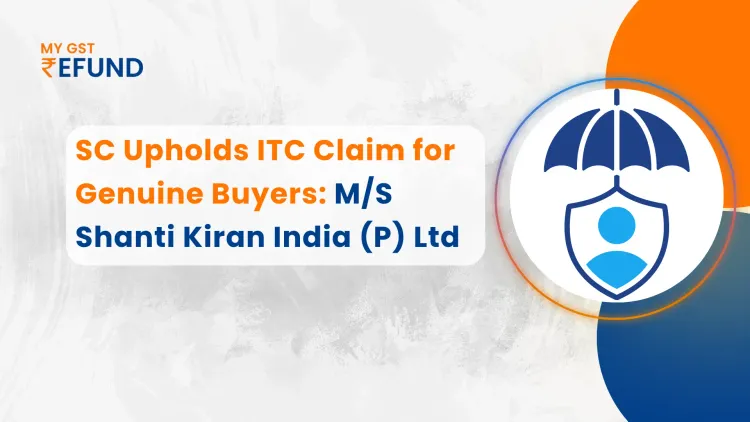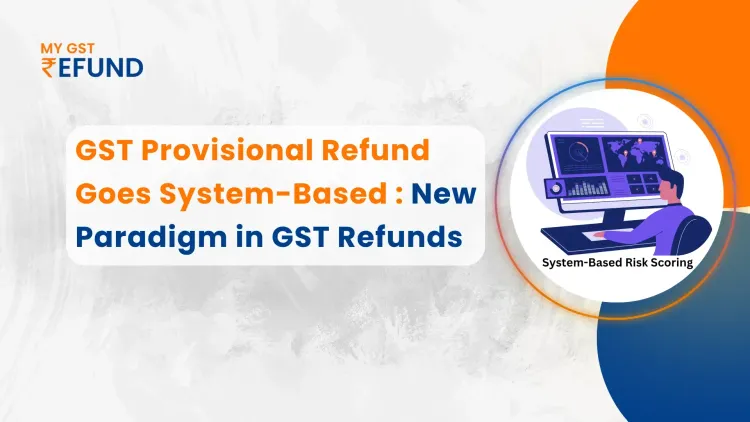The Review Plea in Safari Retreat GST Input Case has been declined by the Supreme Court
The Review Petition filed by the Finance Ministry in the Safari Retreat case for blocked credit under Goods and Services Tax(GST), has been dismissed by the Supreme Court. Experts are making speculations that this could affect the implementation of an amendment to the CGST Act with retrospective effect , which was introduced to override the Supreme Court’s earlier ruling.
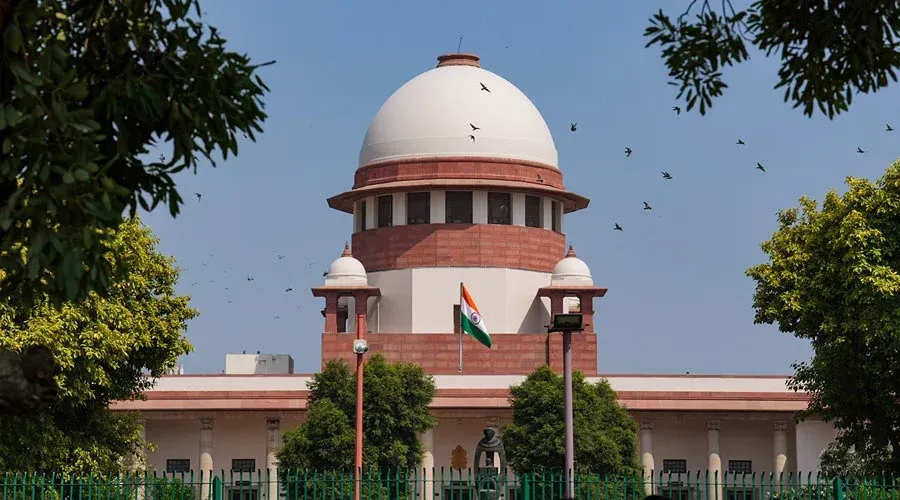
A division bench of Justices Abhay S Oka and Sanjay Karol.
We have gone through the petition and examined the judgment and order dated October 3, 2024. There is no clear error in the record. Therefore, the review petition is dismissed.
In the original judgment dated October 3, 2024, the Court ruled that a building constructed for providing services, such as renting or leasing, could be treated as a "plant" under GST provisions, thus making it eligible for input tax credit. However, the Court also upheld the constitutionality of restrictions on blocked credit in the GST law, declining to strike them down.
Implications for Taxpayers and the Government
Tax experts believe this dismissal may undermine the enforceability of the recent CGST amendment intended to override the Court's earlier interpretation. With the review plea rejected, the precedent set by the October 2024 ruling continues to hold sway, possibly giving taxpayers greater ground to claim ITC on commercial properties used for leasing or renting.
MYGST Refund Observation
The Supreme Court’s dismissal of the review petition in the Safari Retreat case reaffirms that buildings used for renting or leasing for input tax credit (ITC) under GST. While blocked credit provisions remain constitutional, the ruling could limit the impact of the recent CGST amendment, benefiting taxpayers claiming ITC on commercial properties.
Related Posts




